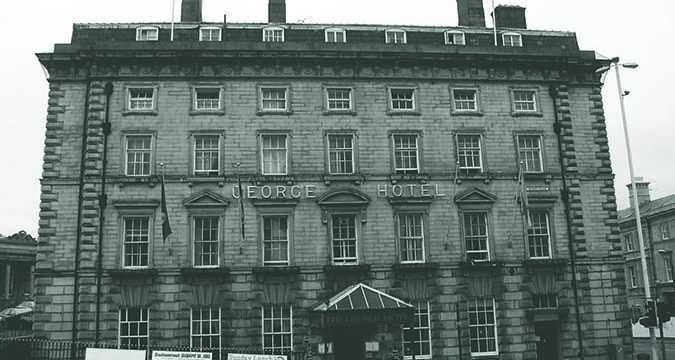 Gareth Walker journeys back to the sport’s historic origins
Just days after Rugby League celebrated its 125th birthday, it seems a fitting time to look back to when it all began.
As a Rochdale lad, I’ve always taken great pride in the fact my boyhood club was one of the founder members of the Northern Union, Hornets nickname and all.
T
Gareth Walker journeys back to the sport’s historic origins
Just days after Rugby League celebrated its 125th birthday, it seems a fitting time to look back to when it all began.
As a Rochdale lad, I’ve always taken great pride in the fact my boyhood club was one of the founder members of the Northern Union, Hornets nickname and all.
T Rugby League’s trailblazers
 Gareth Walker journeys back to the sport’s historic origins
Just days after Rugby League celebrated its 125th birthday, it seems a fitting time to look back to when it all began.
As a Rochdale lad, I’ve always taken great pride in the fact my boyhood club was one of the founder members of the Northern Union, Hornets nickname and all.
T
Gareth Walker journeys back to the sport’s historic origins
Just days after Rugby League celebrated its 125th birthday, it seems a fitting time to look back to when it all began.
As a Rochdale lad, I’ve always taken great pride in the fact my boyhood club was one of the founder members of the Northern Union, Hornets nickname and all.
T 